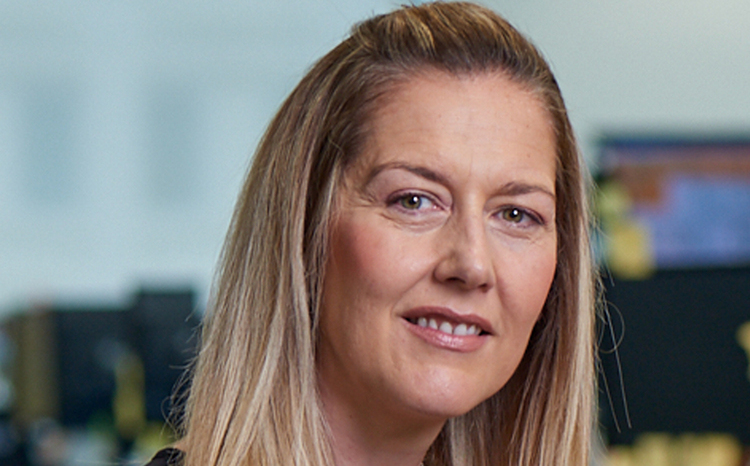Invest in automation to free up frontline resources, Thoughtonomy boss says
- 26 February 2019

The NHS should invest in technology to reduce back office staff and free up resources for frontline services, a virtual workforce expert has said.
Philip Sheen, head of public sector at Thoughtonomy, said the health service needs to “look through a different lens” and embrace automation to get more out of the workforce.
Last year the company signed a deal with East Suffolk and North Essex NHS Foundation Trust to provide “virtual workers” at Ipswich Hospital, which actively monitor incoming referrals from the national GP Electronic Referral Service (eRS) in real-time, 24 hours a day.
The automation technology saved more than 500 hours of medical secretaries’ time within the first three months, according to the trust.
It’s expected to save £220,000 by July 2019.
Using this type of technology will help free up resources for area that need it, like frontline staff, Mr Sheen told Digital Health.
“The health service, like many parts of the public sector, is currently in a position where it does not have the luxury of doing things in the same way just because that’s the way it’s done it,” he said.
“Apart from an ageing population and all of the challenges demographics in society are moving towards, it’s staring down the barrel of decades worth of austerity.
“The health sector has to look through a different lens about how AI and automation systems can get more out of people in the workforce.”
Thoughtonomy’s virtual worker reads a referral and extracts the reason for it as soon as it’s received.
It then retrieves all relevant referral data and supporting clinical information, such as scan and blood test results from disparate sources, before merging everything into a single PDF document that’s uploaded into the trust’s database for clinicians to review.
“The way one makes the health service more efficient is by changing how people do what they do,” Mr Sheen told Digital Health.
“What we should be aiming for is having more people available to do the physical human-to-human caring parts than there currently are.
“If you go through any Trust’s annual report chances are that their back-office admin staff are probably equal or outnumber their out-facing clinical staff.
“This is where things like automation capabilities come to the force. It could process those tasks at a quicker speed, not hindered by the challenges we have from humans.
“Let technology do the stuff it’s good at doing and that allows you, by consequence, to have people do more of the stuff they’re better at doing.”






1 Comments
All interesting stuff – and releasing capacity to care is rightly a key theme of Carter etc. However, there’s a massive difference between expected savings and delivered savings. It will be interesting to see the published data on what cash releasing benefits are actually delivered after a full year’s operation and the real world budget reduction and CIP delivered. Such things are notoriously difficult to predict accurately unless management rigorously enforce workforce reductions.
Mr Sheen has fallen into the same trap that many politicians and tabloid journalists also fall into, making an assumption that all non clinically qualified staff mentioned in NHS workforce reports are “back office admin staff” and outnumber “clinical staff”. This has led to inaccurate tabloid headlines in the past along the lines of “The NHS employs more Managers than Nurses” along with this myth entering received opinion.
It is an easy trap to fall into, as the NHS doesn’t do much to clarify the situation. Kessler et al. (2010) estimated that there were 284,000 Healthcare Support Workers in the English NHS alone. The numbers have increased massively since then as more and more former nursing tasks are given to non clinically qualified (cheaper) staff. Their job titles include clinical support worker; healthcare support worker; care team assistant; nursing assistant; ward assistant; theatre assistant etc. Most members of the public confuse them with nurses because they wear similar uniforms and provide direct care to patients.
Comments are closed.